Seniors reflect on their final year
November 2, 2020
High school seniors across New York City have experienced changes to their long-awaited final year as a result of social distancing guidelines. Yet, while all seniors are feeling the effects of the pandemic, not all schools have taken the same approach to reopening.
At Friends Seminary, learning has remained completely virtual, with one day a week of in-person co-curricular programming for students to interact within cohorts and grade levels. Michael Flynn, a senior at Friends, believes that the school has prioritized seniors to the best of their abilities. Flynn said he appreciates how receptive the administration has been to student feedback. “They have done a great job at being open and receptive to feedback and going out of their way to get that feedback from students,” he said.
Other NYC private schools have implemented a similar hybrid learning model. Grace Howe, a senior at The Chapin School, explains that her school began as completely virtual, but transitioned to a hybrid schedule where middle and high school attend school in-person on alternating weekdays. Caroline Maltz, a senior at Elisabeth Irwin High School, has had a similar experience, with her school beginning the year virtually and then moving into hybrid learning.
Both Maltz and Howe believe that their schools have not prioritized seniors in creating a reopening plan. Maltz also voiced concerns about a lack of transparency from the administration. “A lot of people are being told different things which causes some uncertainty and confusion within the student body,” she said. She shared some ideas about changes she would make to the school’s reopening approach, beginning with clarifying basic procedures like walking in the hall and going to the bathroom.
Rachel Aronson, a senior at Eleanor Roosevelt High School, said that her school initially planned on starting hybrid learning in the beginning of September. However, due uncertainties around the virus, school began on October 1st. Eleanor Roosevelt has a supplemental learning program after school, but many of her teachers have taken medical leave, and her time in school is limited. Aronson said that she would like to have more in-person time at school, but said, “I don’t think they really had that decision to make … that was a DOE [Department of Education] decision.”
Thaddeus Pompidou, a former Friends student, is now a senior at Fusion Academy. While Fusion was in person prior to COVID-19, Pompidou said that the school was always flexible with learning style. He said that if “I needed to do virtual school because I was either sick or under some weird circumstances, it was always an option.” With the benefit of one-on-one classes, many students at Fusion Academy were also already online. “Fusion is very well-suited for doing virtual school, especially compared to other schools,” Pompidou said.
Despite different approaches to schooling among high schools, seniors across the city have experienced similar struggles navigating the college process. Aronson and Pompidou agreed that online learning affords more time to focus on college applications. Aronson was concerned, however, that teachers were giving students more homework, perhaps to fill the extra time in the school day.
At Chapin, Grace Howe has also experienced an increased amount of schoolwork. Howe said, “The work never stops, since even if I’m done with my homework, I still have a lot of college work to do.”
While the college process is stressful, seniors seem to appreciate their college counselors. Michael Flynn expressed his gratitude for his counselors at Friends Seminary. “I really do want to commend Audrey and Justin and Alyssa’s work and keeping our class not only engaged in the college process but on track,” Flynn said. “They’re navigating this whole new college process with us.”
At LREI, Caroline Maltz has had a similar experience regarding the college process. She echoed Flynn’s sentiment that the counselors at her school have been instrumental in guiding seniors through the application season. “I think the college office…has done an amazing job of prioritizing the senior class and making sure we are all set and on top of our college applications and assignments,” Maltz said.
Students have also seen the effects of the pandemic on their social life. Maltz said that at LREI, the majority of socializing now happens out of school, and students tend to remain in their respective friend groups.
At Chapin, Howe commented that most seniors have avoided large gatherings and opt to gather outdoors, limiting their contact to close friends. However, she added that virtual learning “is really pushing us to be creative about how we stay connected [in things like dance club or sports].”
Many schools have senior traditions, such as prom, graduation, and senior dinners. There is some uncertainty as to how these grade-wide events will function for the class of 2021, given social distancing guidelines and limitations on large gatherings. According to Howe, her school has not given seniors much information about how or if these events will happen. “I think they’re trying to prioritize having prom and commencement in person since those are the most important,” Howe said. “I’m guessing everything else will either be virtual or canceled.”
In light of the wide range of effects that COVID has had on the class of 2021, students are trying to remain positive. Flynn hopes that Friends will be able to salvage some senior traditions, and that the spring sports season will take place.
Likewise, Howe concluded, “I’m definitely really sad to be missing out on all the traditions and the senior year I thought I was going to have, but I do feel very lucky to have such supportive friends and to be able to make the most of the year together.”

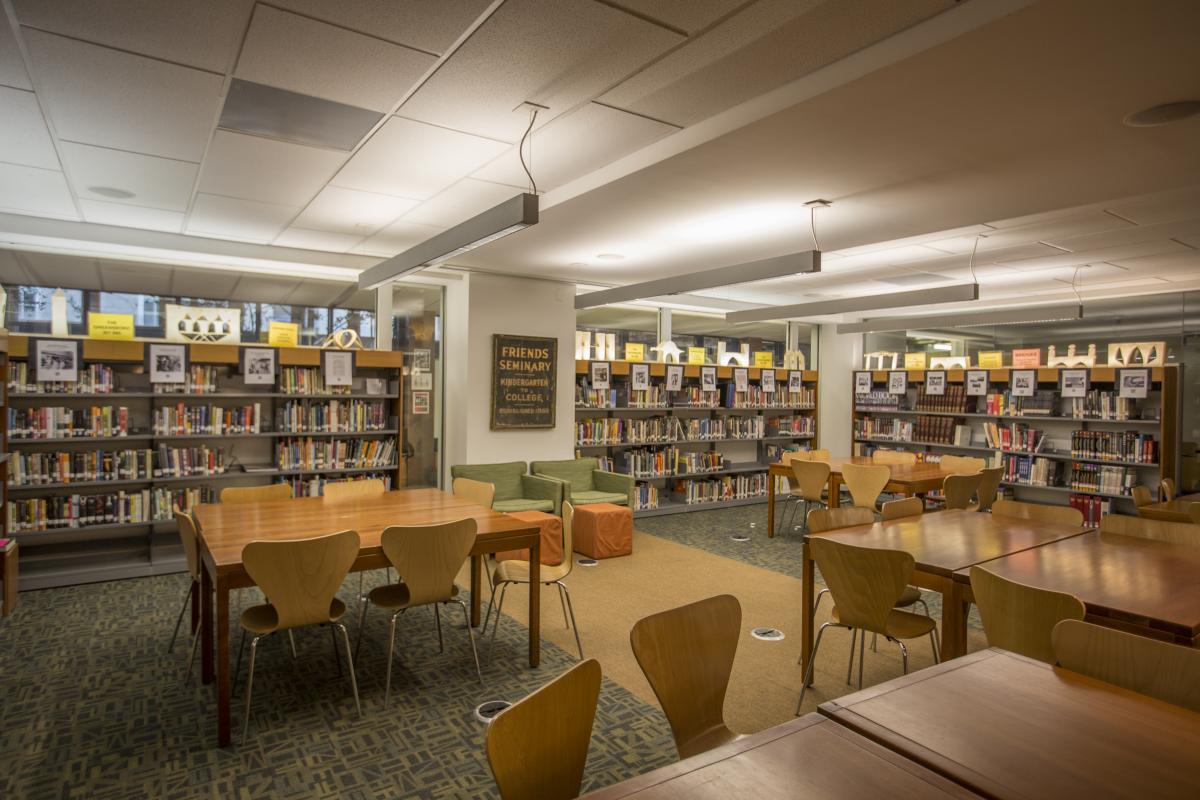

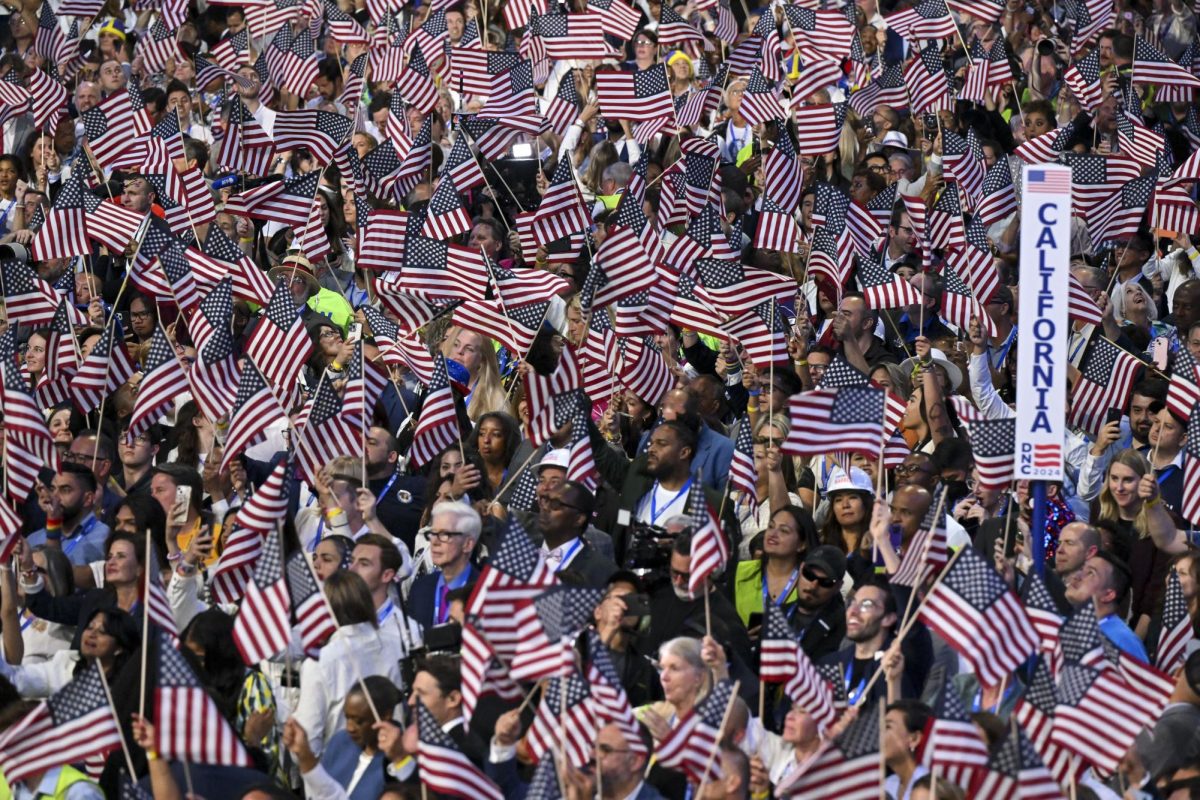
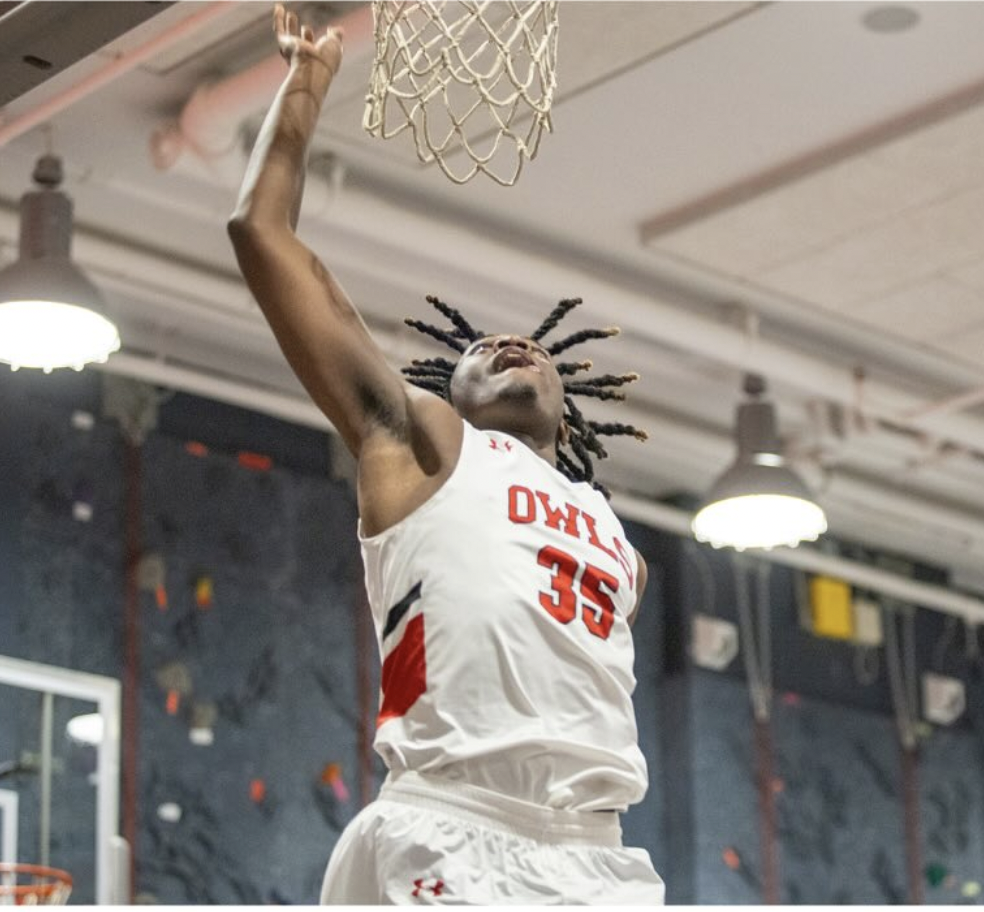
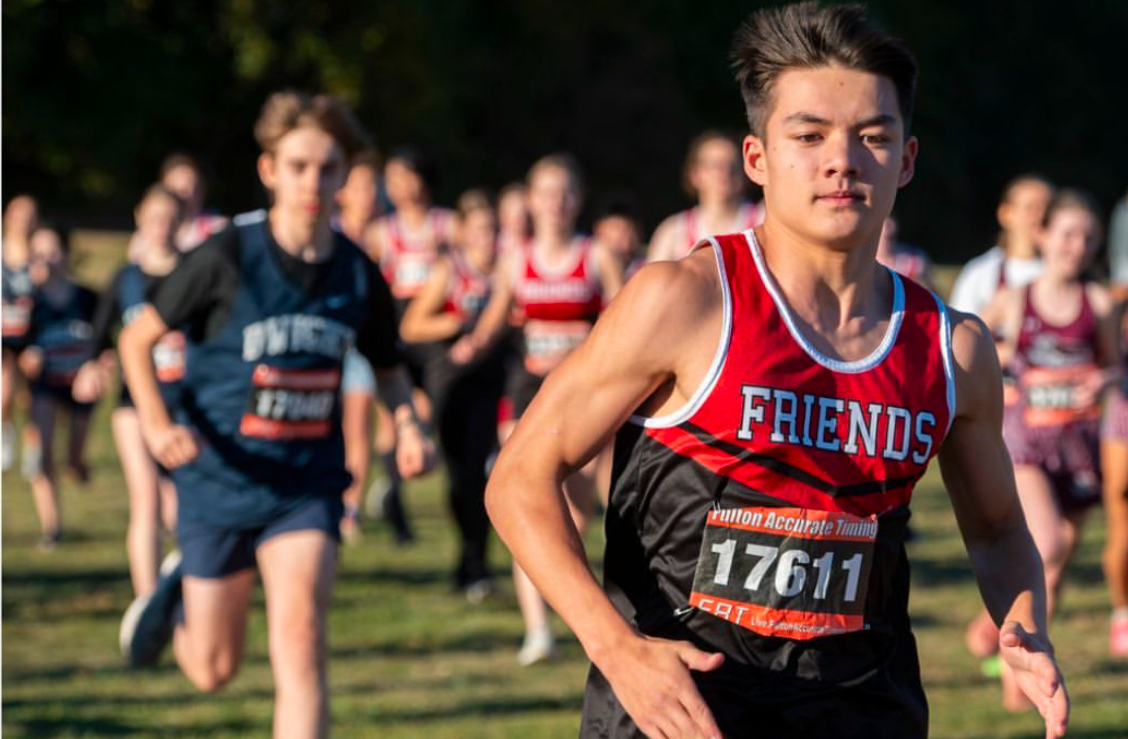
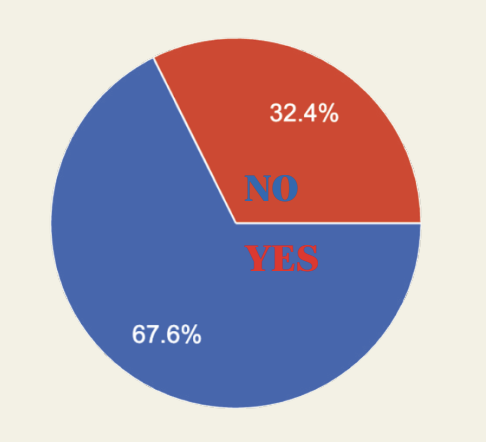
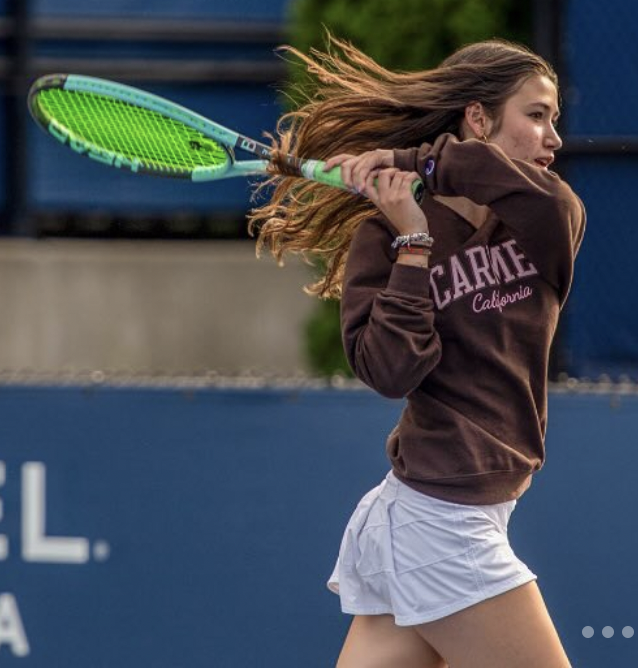
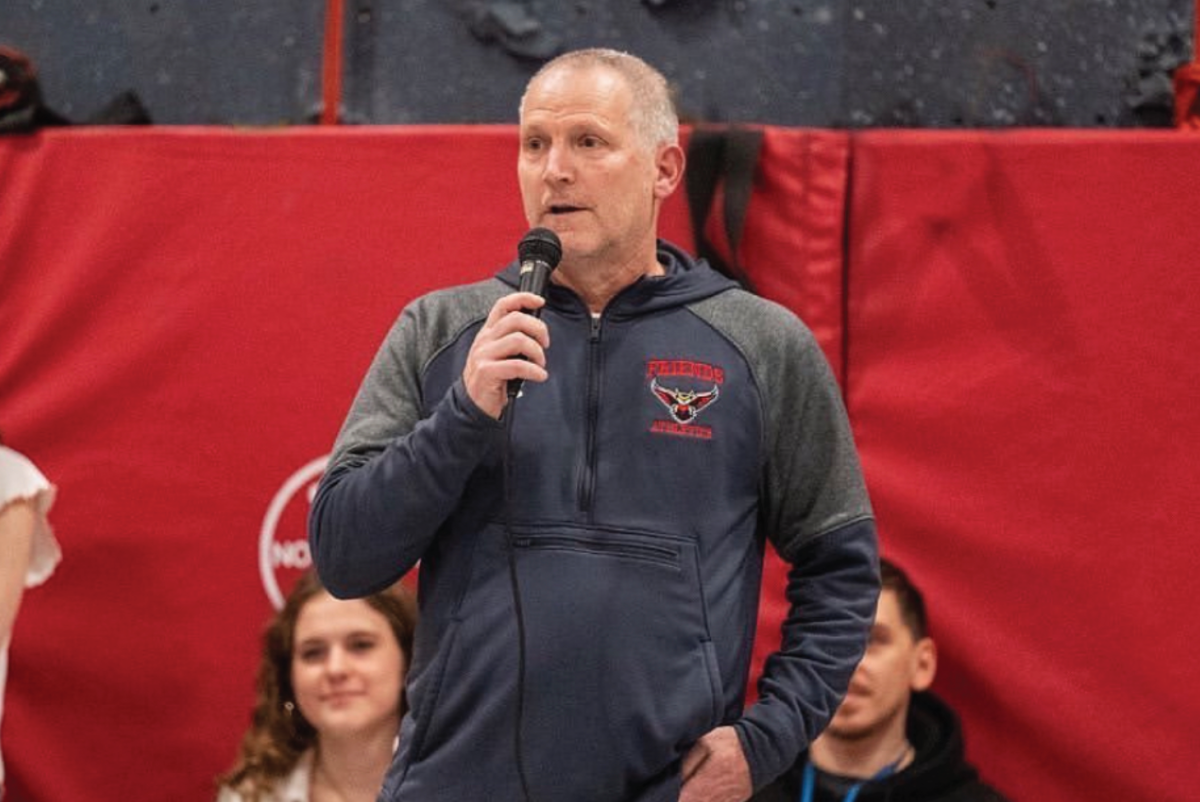
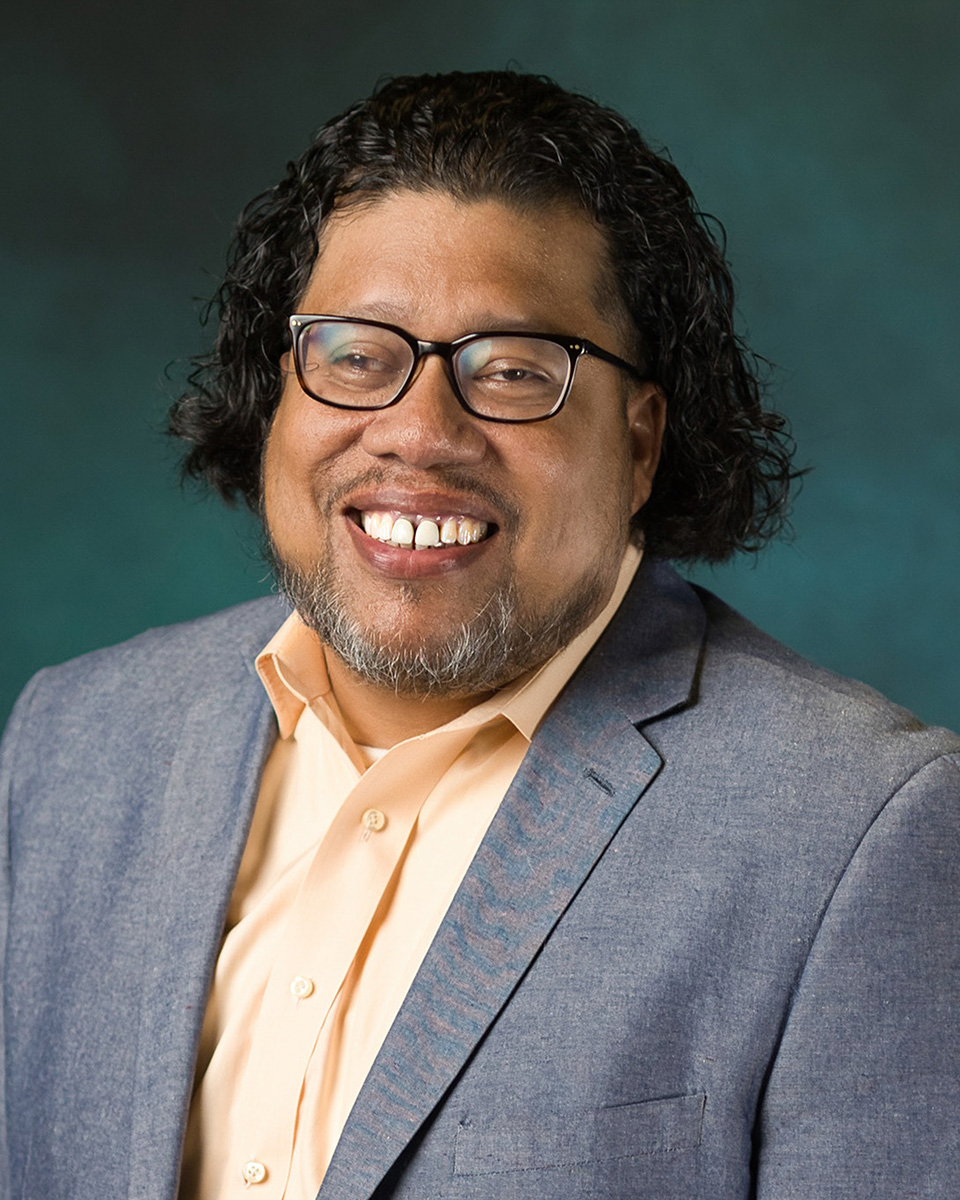
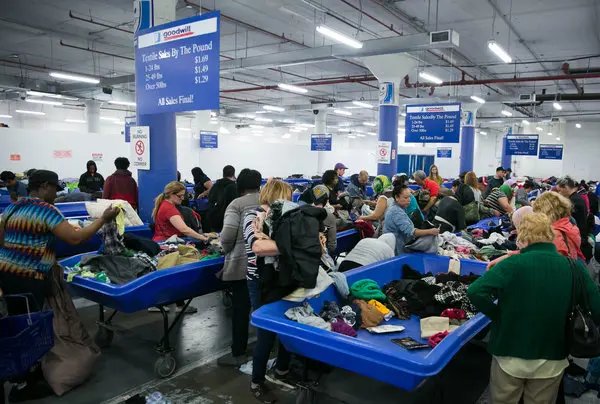
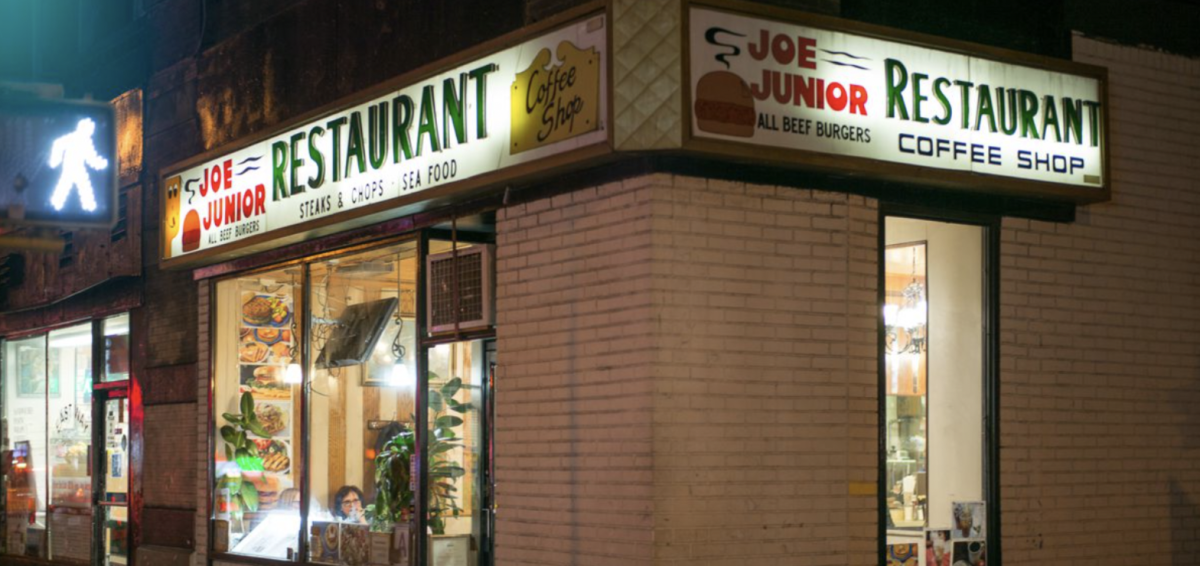

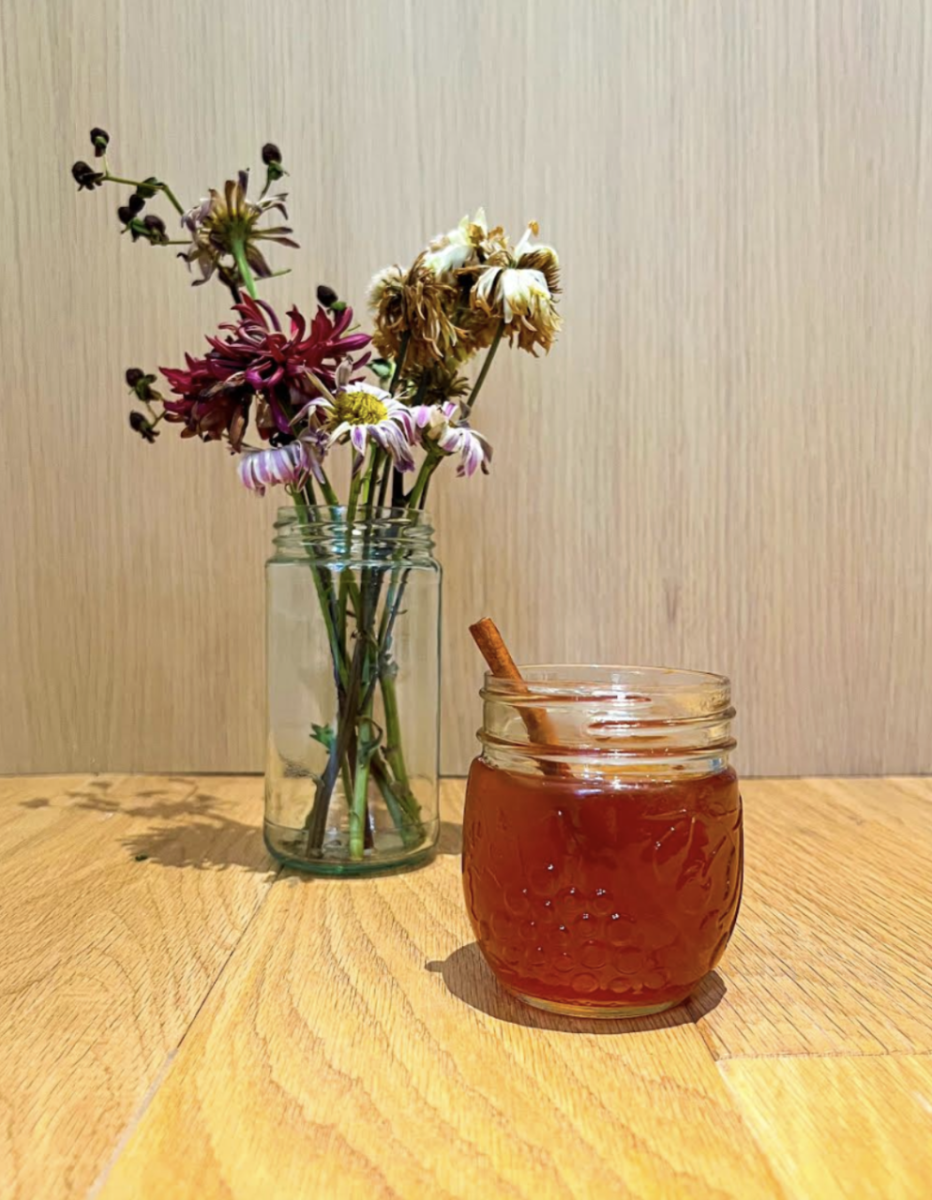
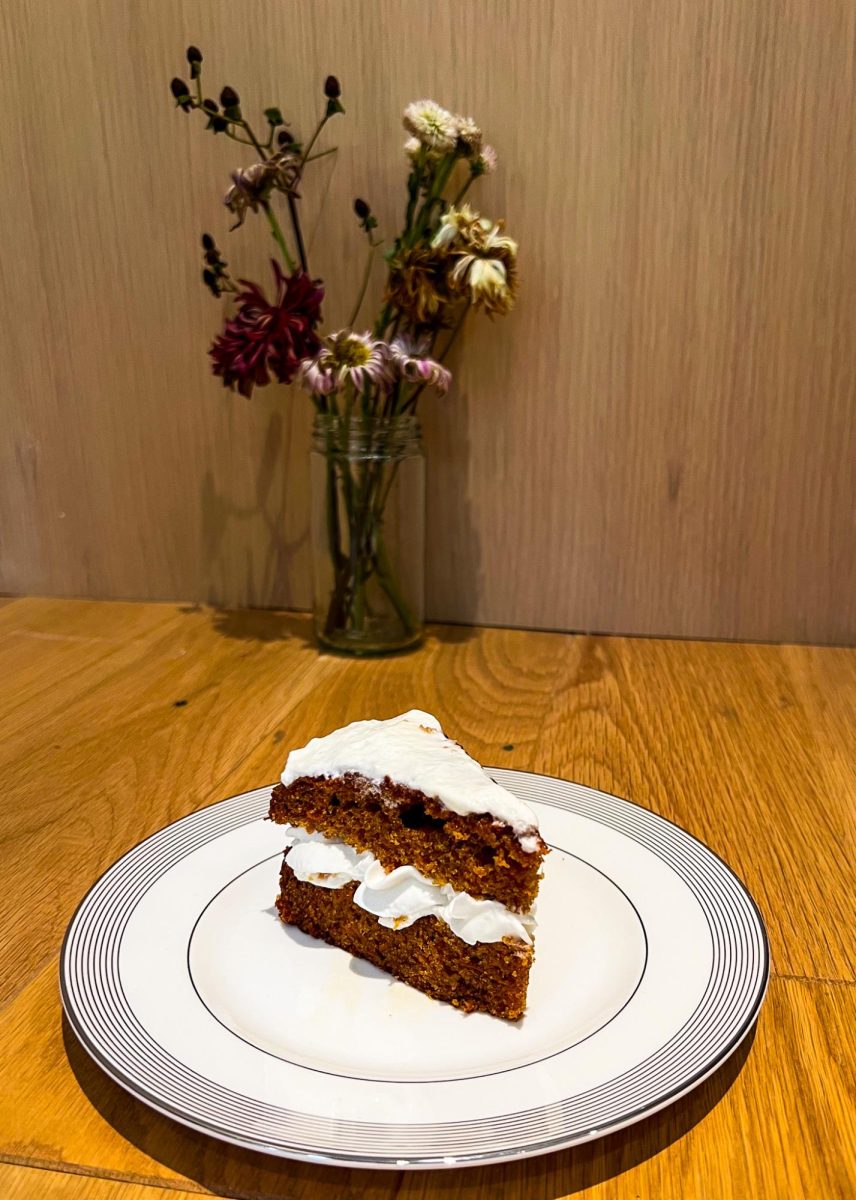
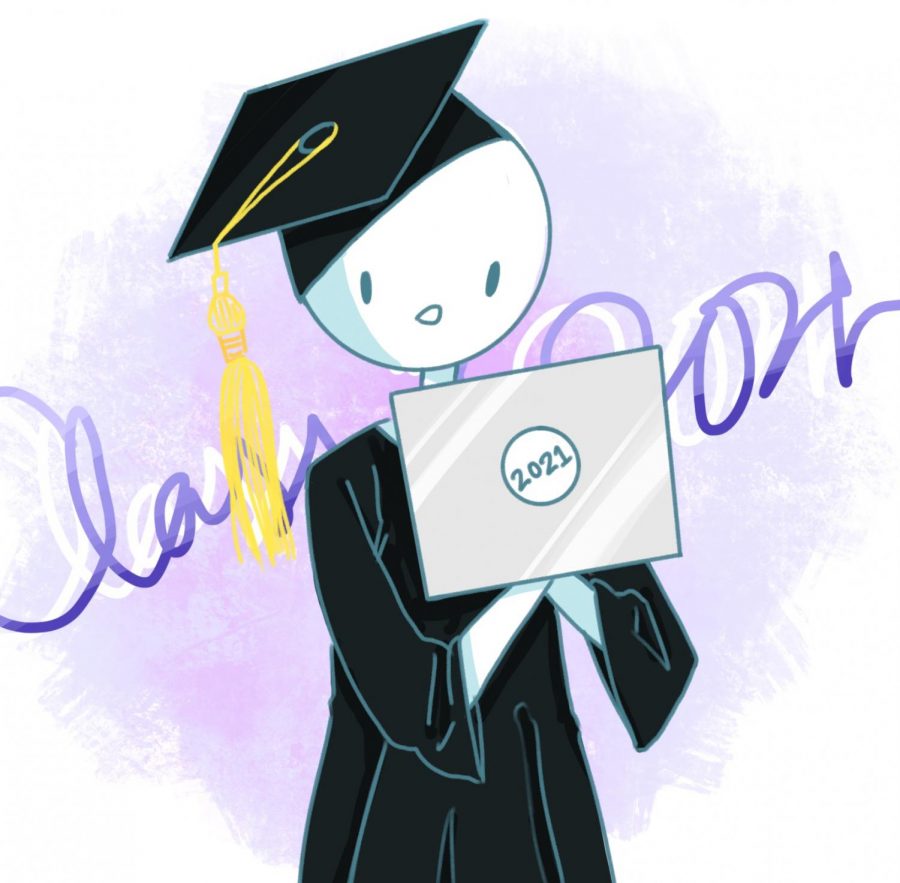
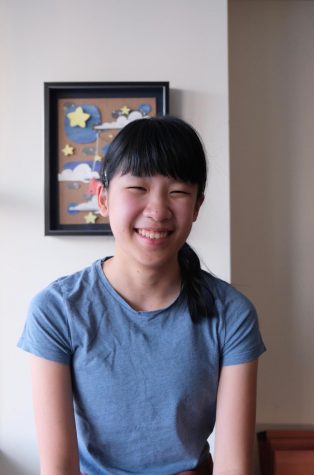
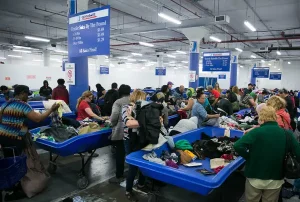
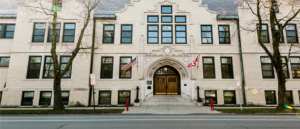
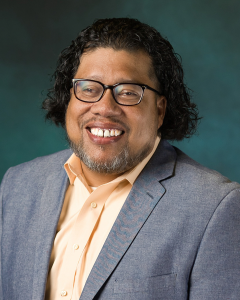

Julie • Nov 2, 2020 at 8:10 pm
Great to hear from students from different schools on these aspects – social life, college counseling and others. Very well written.